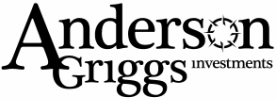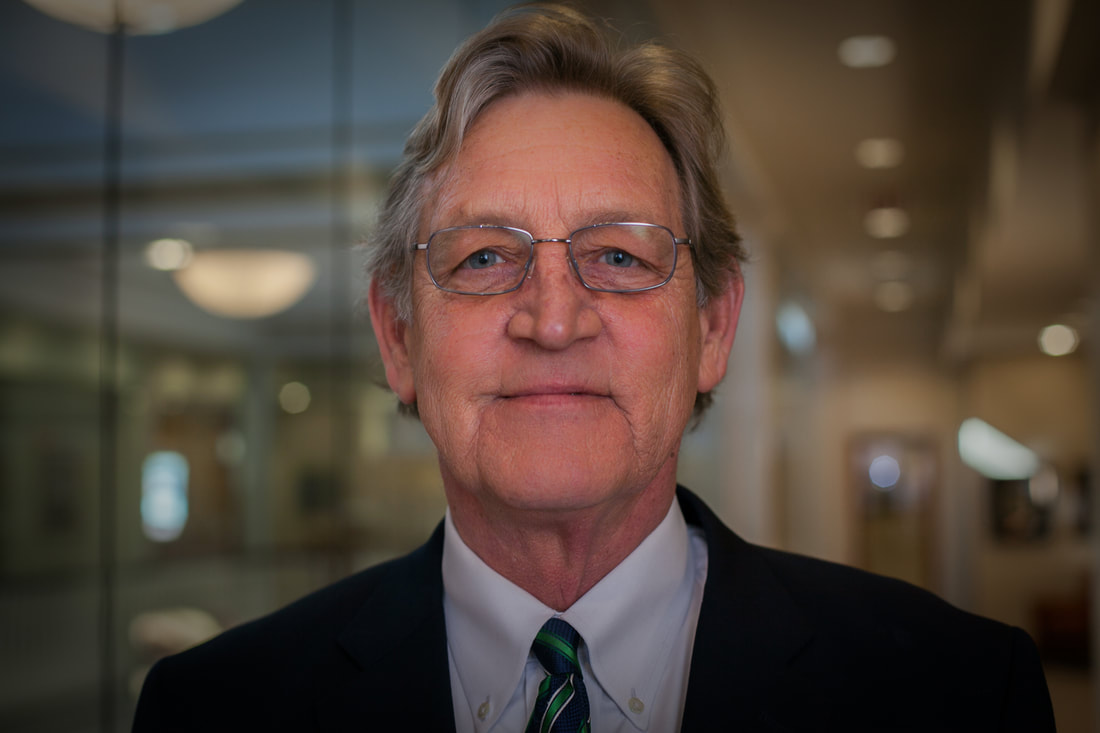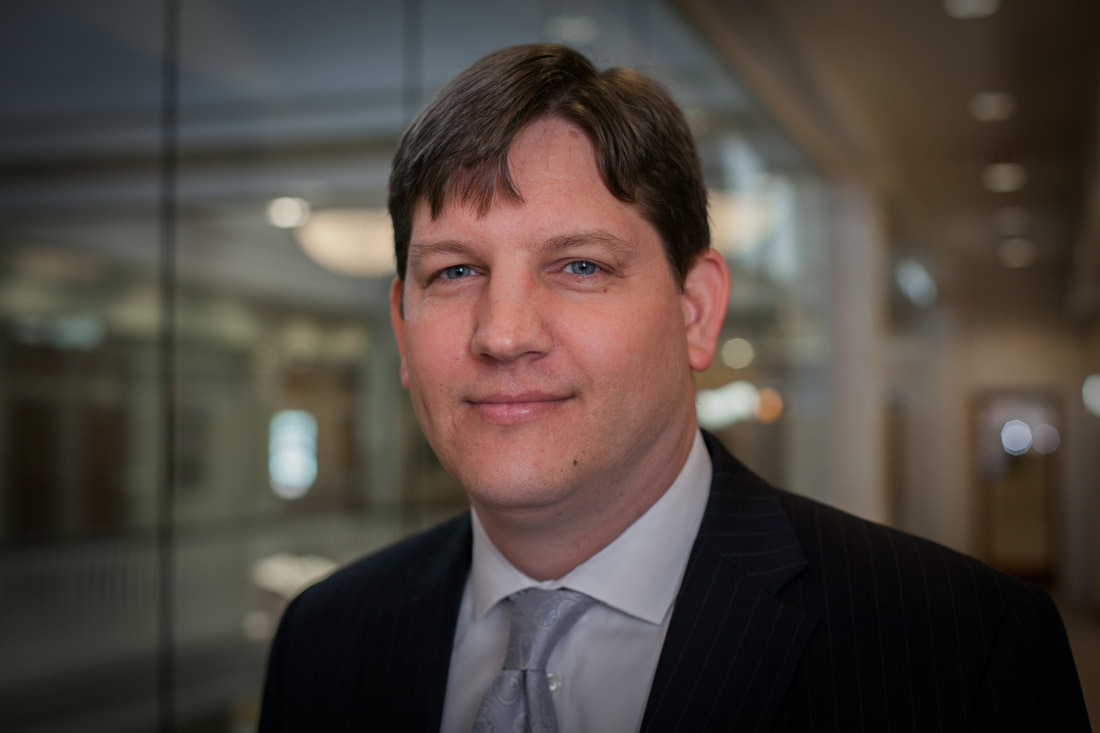|
Quarantine has been used to combat virus outbreaks for centuries. From what I can find, the first use of a quarantine was in 14th century Italy to fight the plague. A few of us have prior experiences of being quarantined. I still remember the police tacking a big yellow sign on our front porch announcing to the world that our house was off limits to all. It said, “Quarantined. Mumps!” The quarantine lasted until my three siblings and myself all experienced the disease. I know how miserable it was for us kids to survive those couple weeks locked up in the house. I can’t tell you how my mother even survived such a lock down. I beg each of you to say a prayer to give a little strength to those parents who currently have young children in the house creating havoc! Because this virus is new, without proven cures and without a vaccine, the old tried and true method of containment “quarantine” is being used. How long it will last is unknown. How much of an impact it will have on society is also unknown. However, we have a great deal of faith that our science and medical professionals will come up with both a cure and a vaccine. I have heard much discussion about the time it could take to create, test and produce a treatment and a vaccine to combat this disease. Some believe it will take eighteen to twenty-four months. Given that, I hear multiple cries asking why it will take so long. I can’t tell you how long it will take, but each and every one of us should be thankful that we can envision that short of a time. Close to the entire population of individuals born before 1957 contracted measles, a childhood disease that was a part of life for generations of children until a vaccine became available in 1963. The first year we were required to report measles to US health authorities was 1912. On average 6,000 children died and 48,000 children were hospitalized per year. It took 50 years to create a vaccine! So, I have hope that the end of this scourge is near, and that the attention given by our scientists and health professionals will surprise us and find a solution faster than we can imagine. Having hope does not change the need to address our portfolios under the current worldwide slowdown caused by the stay-at-home and social distancing orders. Over the years we have talked in detail about the fundamentals of managing your portfolio. This includes the need to address risk at all times and offset risky assets with risk-free assets, or as close to risk-free as we can understand. This balance is determined by quantifying the current level of interest rates with our estimates of current values for the businesses we own. These values are based on discounting future earnings to the present. In addition we modify our outlook based on the present psychology of market participants. Given that our ability now to forecast earnings, dividends, revenues, profit margins and financial strength in the short run is extremely limited, we have to extend our time frame and make estimates based on the time period beyond the current crisis. This fact alone requires us to pay particular attention to psychology of market participants world-wide. It is helpful to search history for similar periods of stress and see how others successfully navigated crises. I want to share a few words from Bernard Baruch and Philip Fisher, two of the most influential investors of generations past. Bernard Baruch wrote these words in his autobiography My Own Story, published in 1957: First the stock market does not determine the health of our economy. Largely because of the 1929 crash, the impression got built up that the stock market itself is the cause of economic booms and busts. Actually, the Stock Exchange is simply a marketplace where buyers and sellers of securities meet. All the market does is register the judgments of those sellers and buyers on what business is like and what it will be like in the future. I’ve included this passage first, to let you know that the thermometer is working well. From my own experience, a broken thermometer reflects the impact of fear and greed on prices. The thermometer failed in the tech bubble two decades ago, and failed again ten years later when all things connected to real estate prices and the financing of real estate purchases reached bubble territory. Personally, we have profited greatly from recognizing when the thermometer is broken, first by not participating in the bubble, and more importantly, by buying great companies at cheap prices once the dust settled. Today the thermometer is reading accurately the current economic shutdown and the questions surrounding the timing and future world after the crisis subsides. There are a few things we have to consider that are still unanswered:
For each business we own, and for those businesses we would like to own in the future, we have to determine:
These are just a few of the questions that need to be addressed given the uncertainty of the future of our country and others around the world. This leads me to the words of Philip Fisher, found in his classic book Common Stocks and Uncommon Profits, published in 1958: ... If an arrival of a full blown war scare starts knocking down the price, he should ignore the scare psychology of the moment and definitely begin buying. This is a time when having surplus cash for investment becomes least, not most, desirable. However, here a problem presents itself. How fast should he buy? How far down will the stock go? As long as the downward influence is a war scare and not war, there is no way of knowing. If actual hostilities break out, the price would undoubtedly go still lower, perhaps a lot lower. Therefore, the thing to do is to buy but buy slowly and at a scale-down on just a threat of war. If war occurs, then increase the tempo of buying significantly. Just be sure to buy into companies either with products of services the demand for which will continue in wartime, or which can convert their facilities to wartime operations. The great majority of companies can so qualify under today’s conditions of total war and manufacturing flexibility. Mr. Fisher was talking about a military war pitting one country against another. Although this is not a military conflict, it is a war. The enemy, the virus, is battling the world. We know who the victor will be. In the past month we have added to a few holdings which, like Mr. Fisher suggested, are companies whose products and services are necessary and have the financial strength to withstand the temporary economic slowdown. In addition, we have ample cash reserves to meet most of your short term spending requirements. We will continue to buy throughout this war when opportunities present themselves. We will also have to recognize and reduce or eliminate companies which may become a casualty of this war.
If you have questions, special requests, or just want to talk, please give us a call. Until next time, Kendall J. Anderson, CFA Comments are closed.
|
Kendall J. Anderson, CFA, Founder
Justin T. Anderson, President
Categories
All
Archives
April 2024
|
|
Common Sense Investment Management for Intelligent Investors
|



 RSS Feed
RSS Feed